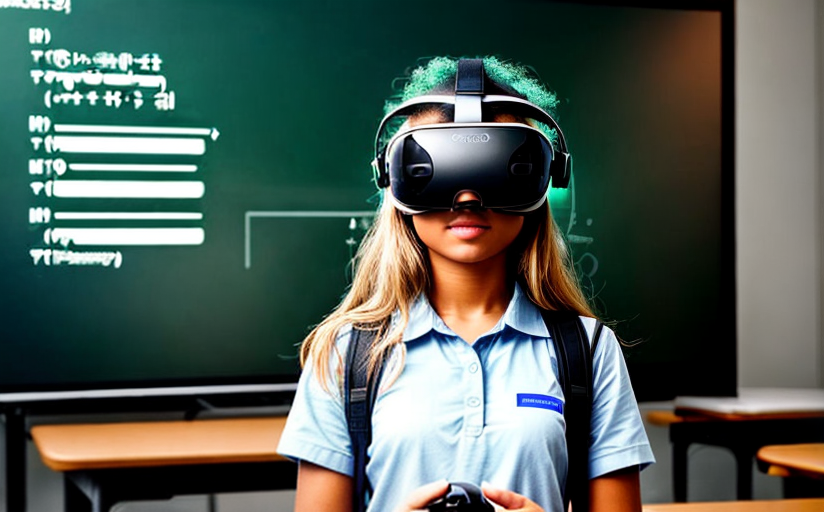The Impact of Virtual Reality on Future Education: An In-Depth Analysis
With accelerating technological advancements, a number of paradigms in education are shifting. One of the emerging technologies making an influential impact is Virtual Reality (VR). As its relevance in the field of education escalates, it is vital to investigate potential advantages, challenges, and future applications of this technology.
Virtual Reality: Transforming Traditional Teaching Methods
VR has the potential to revolutionise traditional teaching methods. It provides an immersive, three-dimensional environment, giving students the capability to see and experience abstract concepts. This method, known as experiential learning, stimulates enthusiasm and enhances engagement in the classroom.
Potential Advantages
The incorporation of VR provides several potential advantages in the education sector. It has the capability to bring the outside world into the classroom, enabling students to explore different landscapes, historical events, and intricate science concepts firsthand. In addition, VR can cater to a variety of learning styles, improving understanding and long-term retention of information.
Potential Challenges
However, the road to incorporating VR in the classroom is not devoid of challenges. The key concerns include access to affordable and quality VR technology, ensuring professional training for educators, and dealing with possible health issues such as motion-sickness associated with the use of VR technology.
Future Applications of VR in Education
The future applications of VR appear promising, considering factors such as accessibility, cost, and technical requirements. For instance, with the advent of more cost-effective VR devices, widespread classroom usage is likely to be feasible. Moreover, advanced VR simulations have the potential to provide comprehensive practical knowledge without the need for physical labs or field trips.
Insights on the Future of VR in Education
Indeed, the evolution of VR could pave the way for a future where learning is not confined to textbooks, lectures, or physical classrooms. Instead, it could entail immersive educational experiences, tailored to individual learning styles and needs, fostering more profound connections with the subject matter.
Conclusion
Taking into consideration the potential benefits and challenges, there's no doubt that Virtual Reality holds the capacity to shape the future of education conclusively. It promises a more interactive, immersive, and effervescent learning platform which would redefine not merely absorption and retention of information but fundamentally how knowledge is imparted and encountered.



















Comments
Leave a Comment